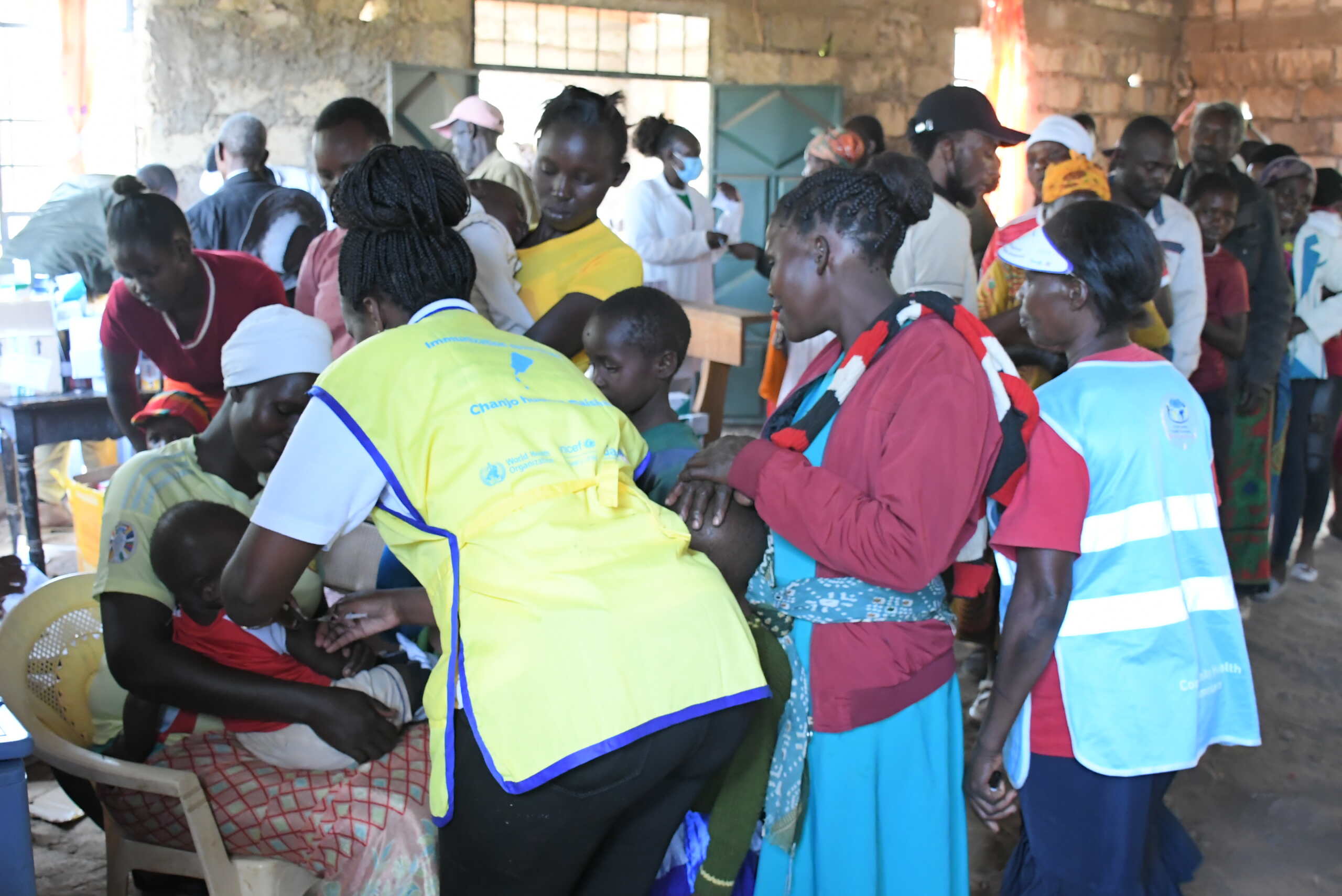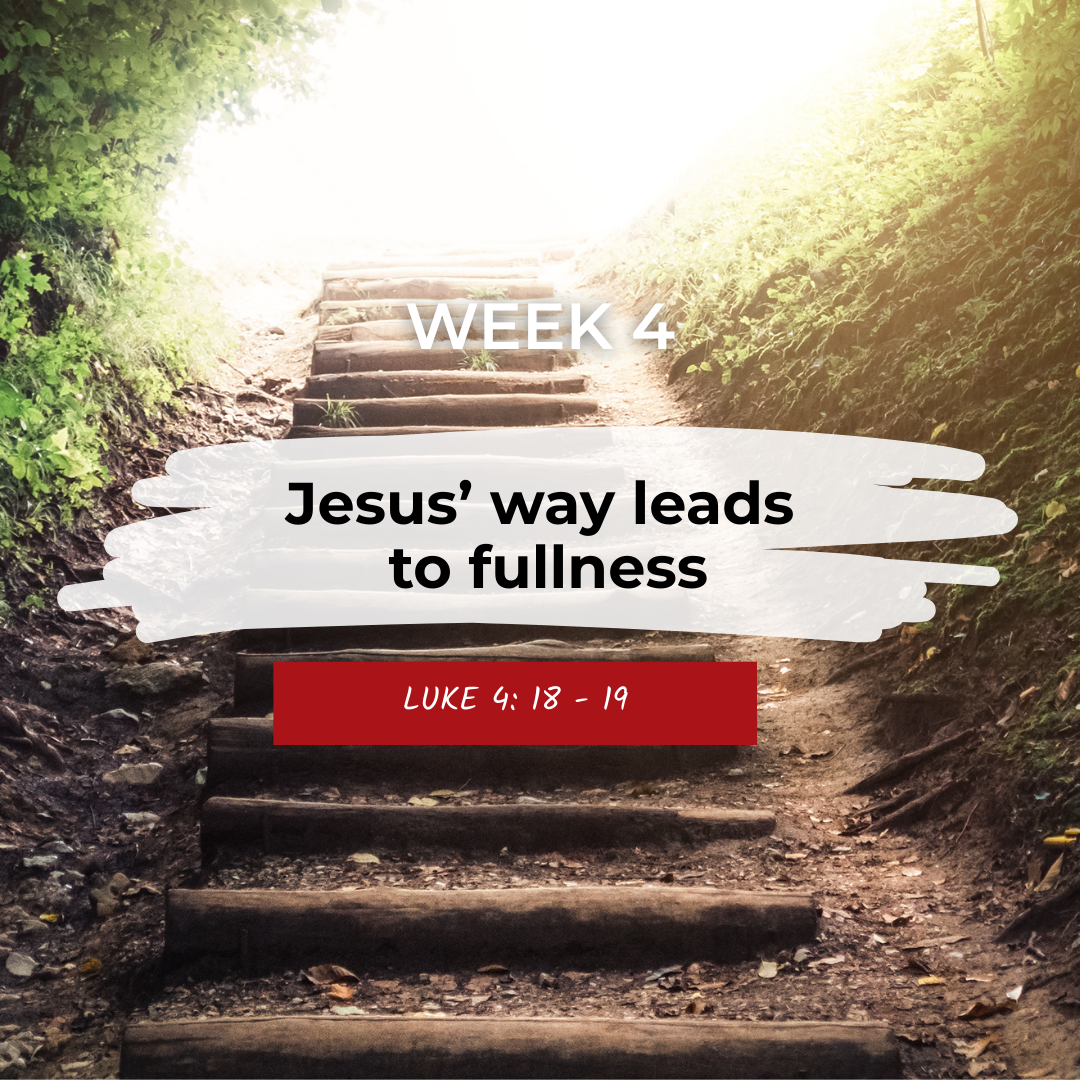Madagascar crisis: this is Liasoa’s story
Stories | February 10, 2022
When Liasoa was a baby, she was abandoned by her parents. Now nine years old, the little girl is cared for full-time by her grandmother.
Liasoa was born with a physical and intellectual disability and her care needs are high. Liasoa cannot walk, feed herself or chew solid food, and her grandmother provides all of her care around the clock.
The little girl is also unable to speak, and her grandmother has learned to communicate with her through hand gestures over time.
It is extremely challenging for the family to simply leave their house, as the elderly lady has to carry her granddaughter on her back to fetch water or to purchase food from the market.
Liasoa’s grandmother was just getting by, fetching and selling wood for a modest income, which she would spend on rice to use in porridge or soup dishes for Liasoa.
Sometimes, the money wasn’t even enough and they needed help from their local community. “When we have nothing to eat, my neighbours give us some [food] in a plate,” says Liasoa’s grandmother.
Life was already tough for Liasoa and her grandmother, even before the worst drought in Madagascar in four decades destroyed crops and livestock and left about 1.3 million people in need of urgent assistance.
The unfolding humanitarian crisis has left three out of every four families starving in some districts, and forced many to merely survive by eating locusts, raw red cactus fruits or wild leaves. Close to 30,000 people are regarded as critically food insecure, meaning they are on the brink of starvation.
The United Nations’ World Food Programme estimates the food security situation will continue to worsen for tens of thousands of people, due to insufficient food supplies and the ongoing impact of Covid-19, which has resulted in high prices for staples and essentials.
People with disabilities are already more likely to be left behind in times of disaster. That’s why it’s critical that people like Liasoa and her grandmother are not forgotten in the humanitarian response to the crisis and have access to life-saving essentials, to help them to navigate the disaster and live safe and healthy lives.
Can you provide an urgent gift to CBM today to help provide life-saving supplies directly to people with disabilities? Donate here
https://www.cbm.org.au/stories/madagascar-crisis-this-is-liasoas-story
Related Stories

Coordinating inclusive health outreach in Meru County
For many households in Meru’s rural and remote areas, basic health services are physically...

Share your advocacy preferences with us
Thank you for helping us to advocate for the one billion people with disability globally. CBM Australia advocate across...

Advent 2025: Jesus’ way leads to fullness
The way of Jesus gives people freedom and empowers them to live out their God-given purpose. The last few weeks...
